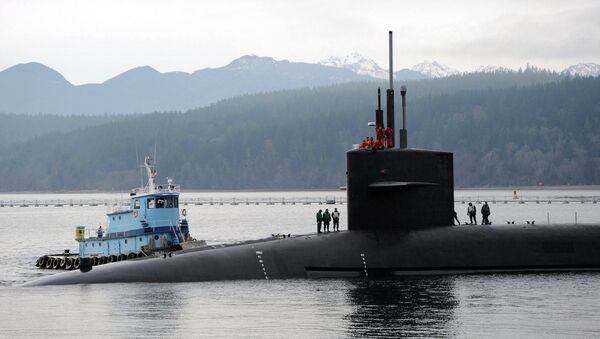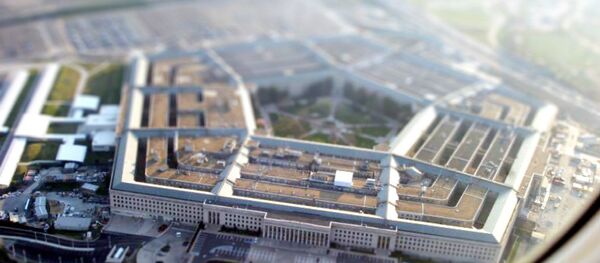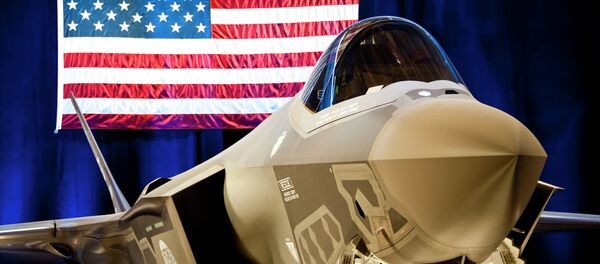President Obama’s proposed 2016 budget includes $585.3 billion for the Defense Department. That’s an increase of $38.2 billion from fiscal year 2015. But as large as that sum may seem, it may not be enough to save the Pentagon’s floundering "nuclear triad."
The triad refers to the three pillars of the US nuclear inventory. This includes land-based intercontinental ballistic missiles, as well as long-range bombers and submarines capable of delivering a nuclear payload. The entire triad is, evidently, in desperate need of repair.
Yet the new budget proposal falls $10 billion short. Over the next two decades, the Pentagon expects the whole package could cost as much as $1 trillion.
"We don’t have a solution to that problem right now," Frank Kendall, undersecretary for acquisition, technology and logistics, said during the Navy League’s Sea Air Space conference on Tuesday. "I frankly think the only way we can address it and keep the force structure in the Department of Defense that we would like to have is higher budgets. I really don’t right now see any management solutions that will help us."
One concern is the Navy’s fleet of Ohio-class submarines. Capable of firing nuclear missiles from any ocean in the world, these subs are, nevertheless, over 30 years old. The Navy has plans to buy 12 upgraded models, but those cost between $5.5 billion and $8 billion, each.
The Air Force also still needs to design upgraded bombers. The Pentagon is expected to assign that contract in the coming months, and ultimately plans on purchasing nearly 100. Those will likely cost $550 million each, but will be incapable of carrying nuclear weapons.
That’s a hefty price tag already, and that doesn’t even include the new ICBMs and cruise missile purchases the Pentagon needs to purchase.
Defense Secretary Ashton Carter has assembled a group, the Strategic Portfolio Review, to research options, but according to Kendall, the only way – short of drastic budget increases – the Pentagon will be able to afford its long-term upgrades is to consider some fairly controversial alternatives.
"There are radical policy changes you can talk about, like changing the nature of the triad, that would help significantly," Kendall said.
That would mean dropping one of the programs altogether, likely either the submarine or bomber upgrades. That option has been hotly debated among military strategists for years, but has so far remained a mainstay of the Pentagon’s policies.





